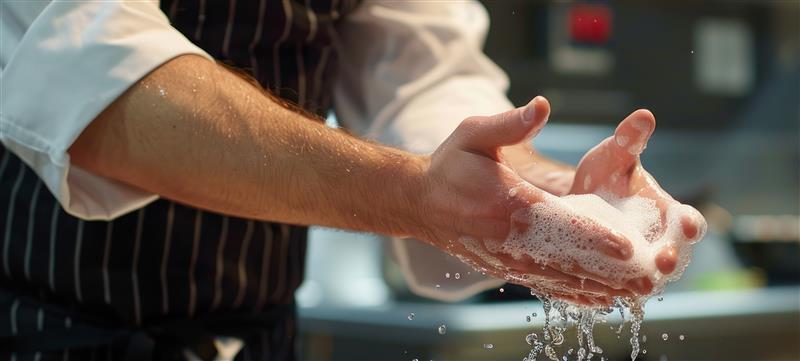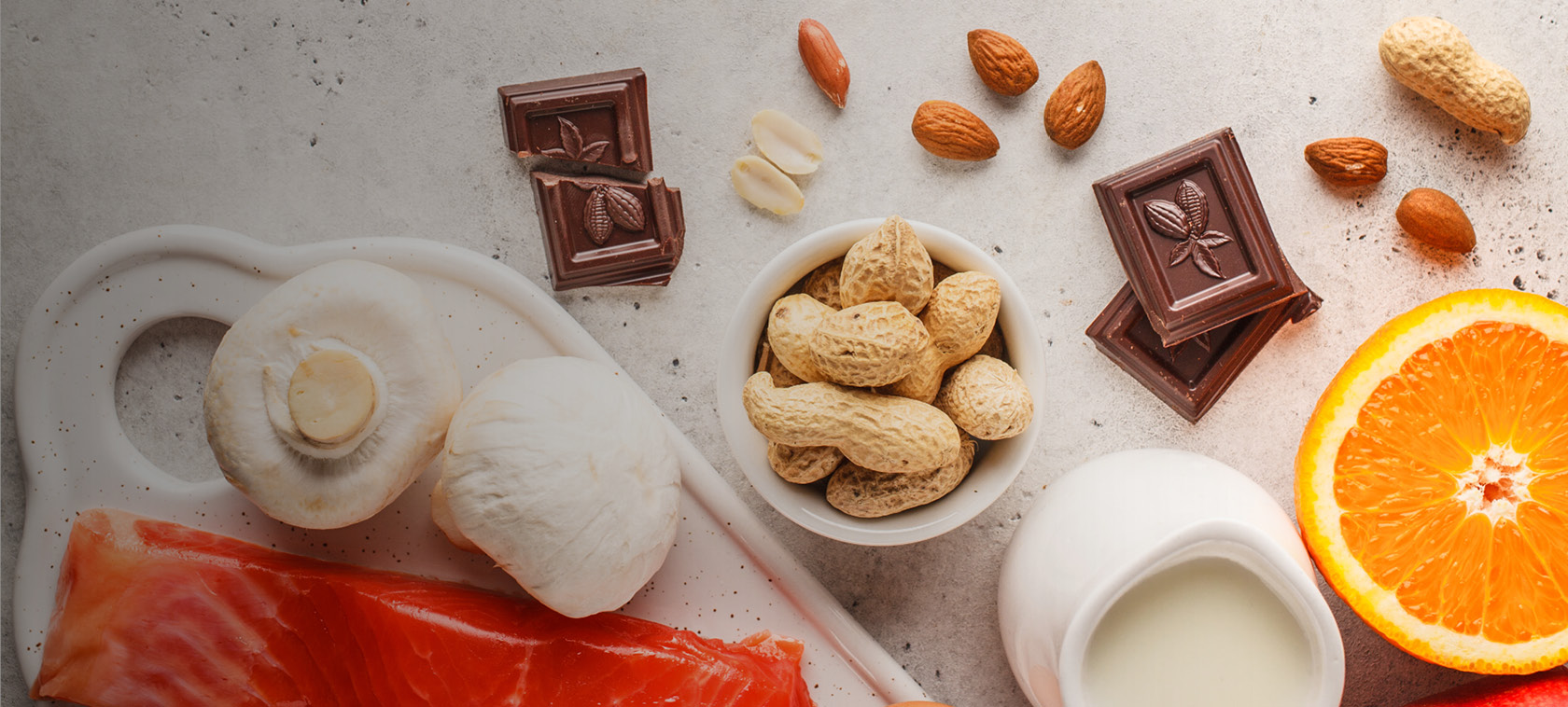This week saw the emergence of a campaign group on Twitter called ‘We Want Plates’. With over 40,000 followers, this has now caught the attention of the media. Followers have been tweeting photographs of unusual dishes or items their meals have been served on. This includes food served in flat caps in Yorkshire and slippers in Switzerland. However a common concern from the members of public was their meals served on wooden boards with comments including ‘wooden boards are not free from bacteria’ and ‘plates are surely more hygienic.’
This myth stems back over 20 years when cooks were told that wooden kitchen equipment was so porous that micro-organisms such as salmonella and e.coli would soak in to the wood and cross contaminate other foods later. Although colour coded chopping boards are preferred by Local Authorities, to control cross contamination, this does not mean wooden serving boards are unsafe.
The Food Standards Agency states that as long as the wooden board is cleaned properly after every use and is replaced when it gets damaged/scored, it is just as hygienic as a plate. The Shieldyourself Helpline has dealt with several advice cases for wooden board queries and we can also check the serving boards for damage/scoring during our food safety audits. Shieldyourself have also included wooden boards in the development of many Food Safety Management Systems. However we have not yet had a request to include flat caps or slippers.



